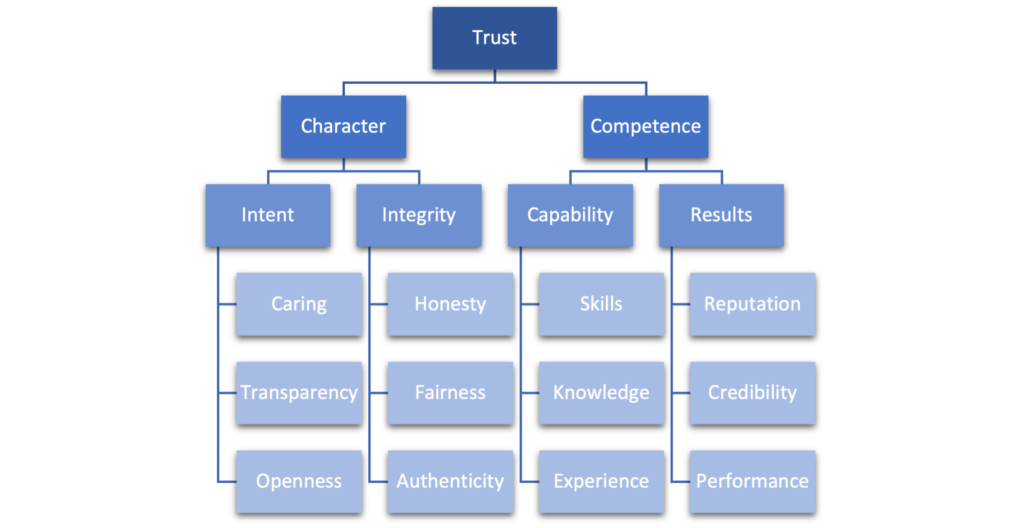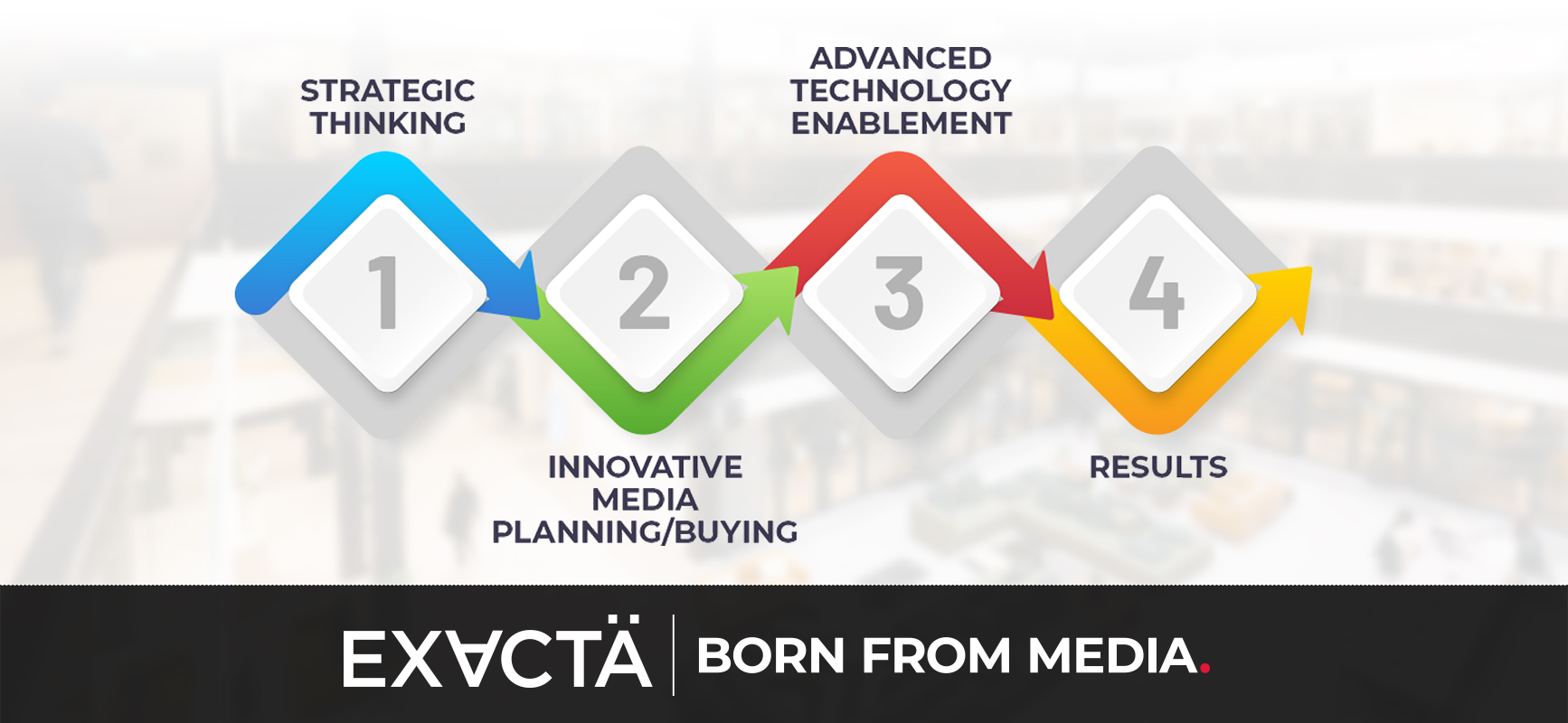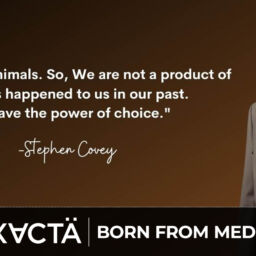

by Steve Fawthrop, VP Agency Growth
Leadership, by a company leader or work group leader/manager, hit my radar once again with an anonymous post on an advertising industry site. The initial post that started discussion:
“How do you deal with a DOS/boss who knows absolutely nothing about the industry, can’t open doors and can’t even train an intern on basic digital 101?! Fellow sellers, please talk me off the ledge and let me know that I’m not alone!”
There are already 12 responses in a day including these couple examples:
“100% exact situation! This is me every damn day.”
“This was a discussion the other day. You are NOT alone in that situation. I have an idiot for a head of sales. Absolutely useless.”
While the stated situations might be ramped up a bit in the descriptions under the guise of anonymity, there are real emotions coming out in the comments.
High decibel situations aside, I have spotted a number of references to the “gap” in effective work groups due to leadership style. To note:
- A blog on the strengths and related weaknesses associated with entrepreneurial leaders. Guess what Mr. Entrepreneur, you are action driven and have lots of ideas but aren’t always tactful, jump around on priorities and don’t always pay attention to detail. Those flaws work against your success and the ability of those around you to perform their best.
- A blog on the difficulty of older workers working with and reporting to younger bosses and “inherent” conflicts associated with the generational dynamic and different outlook between the two.
- A poll that showed employees would rather work for an incompetent boss who is nice vs. having a competent boss who is not nice. The fact is either scenario means you will not be successful.
- Another survey, from Gallup research in a book I read titled “Well Being: The Five Essential Elements”, showing that 45 percent of men and 30 percent of women find it unpleasant to interact with their boss. This was characterized based on interaction with the boss generating feelings of depression, anger or frustration.
This is pretty sad. It does not provide a lot of comfort that those employed, including the bosses, are not being as productive and successful as possible in their work.
So, what is the problem? Is it a personality problem with the entrepreneur?
Age or generational differences in a shifting workplace as Boomers exit the workforce and Generation X and the younger digital natives, Millennials and Gen Z, lead?
Perhaps you have a boss who has the technical or process skills but lacks the communication ability or culture building skills?
Are you living with The Peter Principle—the incompetent leader—as your reality as seems to be the case from the comments above?
Perhaps we are now getting closer to the core problem and the ability to reference a solution.
The issue at the leadership level comes down to trust. Does the leader inspire trust?
Good question, you may say, but what do we mean by trust?
In the book “The Speed of Trust” by Stephen M.R. Covey (son of the “7 Habits” author) he notes that trust has two key components:
- Character
- Competence
Character is depicted by the attitude and approach you take to a relationship whether it is work related or personal.
Competence is the ability to get things done right in the circumstance of the relationship.
Both are needed to establish a confident trust relationship. Trust overrides whether a leader is Type A or analytical, whether the boss is a man or woman, younger or older than the staff.
Trust allows for an environment where the combination of talents and effective work styles are optimized for performance rather than altered around the personality of the leader.
And what do I mean by competence being circumstantial? Covey gives an example in the book that his wife trusts him as a husband but when she needed surgery she went to a qualified doctor, not him, to have the procedure done. His wife legitimately did not trust him, compared to the doctor, related to her medical needs. That was appropriate for the circumstance.
The same is true at work. People may prefer the easier course of the agreeable, incompetent boss over the tyrant, but in their heart they do not want someone who is an amiable dunce either. They want to know the time and effort they make for their work translates into success for their company and career.
So, as you look at issues at work, ask yourself if trust exists in the relationships. If falling short, then look how you can put aside the blocks and work toward greater trust on the foundations of character and competence.
Does your business need an agency partner? Learn how EXACTA MEDIA can help. We specialize in end-to-end media management from strategy through buy and optimization. Connect with our team of experts to learn more.




